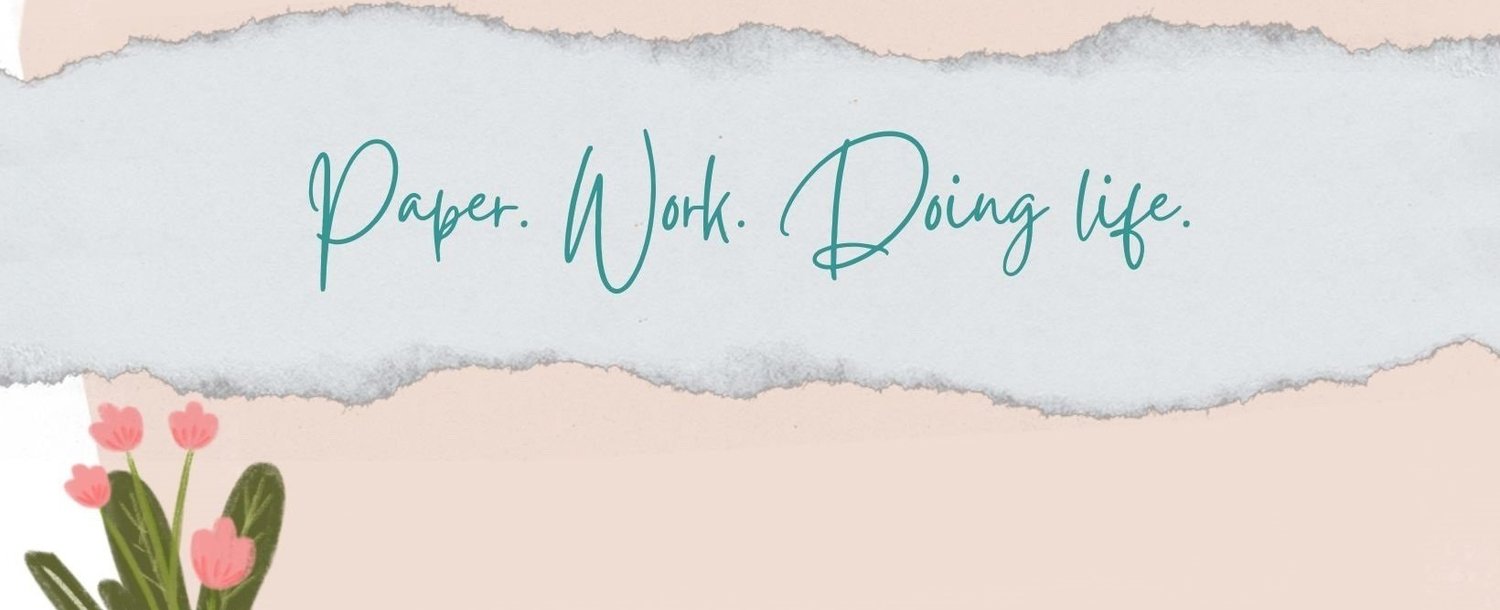What We Keep: How Do We Decide?
Can our smartphones really hear what we are saying? I don’t really lay awake at night and worry. I don’t have many secrets or matter much in the world at large. However - I have been talking endlessly about stuff and what to keep and what to get rid of (see previous post - I’m keeping the cape). Just recently then, chrome by way of my phone, sent me to The Washington Post article “The Swedes know the secret to happiness: You are not your stuff.” by Michael J. Coren. He writes of his late mother’s apartment, “Each item, on its own, wasn’t unreasonable. The aggregate proved overwhelming.” I’m certain that statement is true of my stuff. He writes of giving things away, of the yard sale (mine is pending), and the truck to haul things away. He cites Sharon, who like me, wanted to spare her own children the ordeal of going through her things. So she did it herself. Go Sharon. Cohen even talks of the impact of our stuff on our mental health and yes, the climate. According to this article, our stuff purchasing accounts “for between 26 and 45 percent of global greenhouse gas emissions. While much of my stuff is old and sentimental, even my grandchildren are clearly impacted by my collecting of stuff.
Cohen then introduces the notion of Swedish death cleaning - describing it as “rethinking your relationship with things.” He notes that “[d]ecades of research have shown that we subconsciously see our possessions as physical extensions of ourselves.” Simply put, we identify with our stuff. This identification can range from hoarding and unhealthy to healthy and nuanced. So, how do we stay healthy?
Naturally, a book exists - a quick look at Amazon reveals many, many books. (I have a problem with collecting books, so the irony here is rich. Maybe I'll order a Kindle version?) Cohen cites Margaretta Magnusson and The Gentle Art of Swedish Cleaning. Magnusson’s basics include: “Start with the easy stuff. There’s no rush but start now. Tell your loved ones. Keep the things that make you happy.” Cohen notes that most people who have successfully pared down their things have had some sort of framework. He also notes (and I’ve experienced) that when you feel convicted about having less stuff, it impacts your shopping life.
I don’t know why my phone shows me what it does. The notion of Swedish death cleaning and this article did give me pause. Naturally, there is a TV show; I think I can get one episode for free. I’ve learned that I need a framework. My current question is: Do I want my kids to have to deal with this? I can keep reading books and articles and watching TV to more fully develop this framework for me (or to delay the journey). I think I noted this before - time will tell.
https://www.washingtonpost.com/climate-environment/2023/08/01/swedish-death-cleaning-method/
